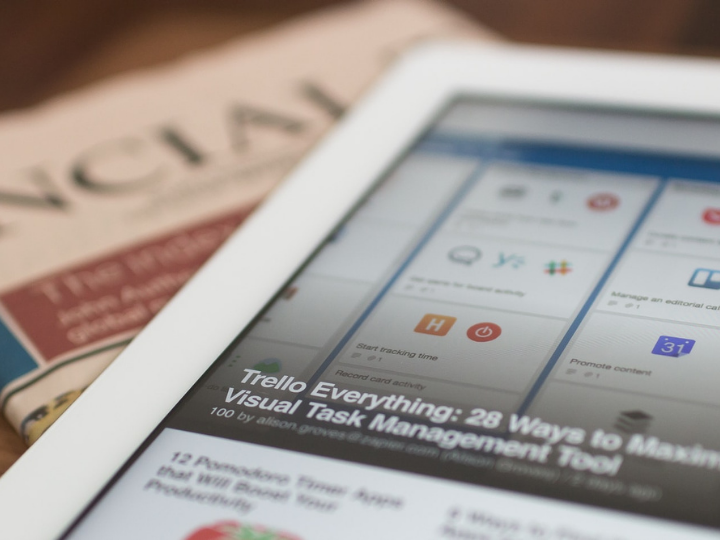by David Mekkaoui*
When our consumption of news changed from traditional presses to the digital, we lost something more than just a physical newsprint in our hands. Media entered an era of emotion. But it doesn’t have to be that way. Rather than be preoccupied with seeking to avoid losing revenue to social media and battling clicks with self-proclaimed citizen journalists, it is time to reflect on the media we want for 2025, writes David Mekkaoui.
Today’s citizens are surrounded by multiple sources of information throughout the day. They check their emails, chat groups and social media before taking their coffee. They exchange thoughts at work with colleagues, clients, suppliers and partners.
They receive recommendations from friends, family, neighbours and strangers. Plus they do further research online on one of the millions of non-media content websites. What is the role of media when information is a commodity, opinions are everywhere and information is overwhelming?
There is a difference between multiple sources of information and diversified perspectives. Too often, friends and colleagues share similar backgrounds and the same perspective. We consume news based on emotion, and when an opinion challenges our own beliefs, we have a natural tendency to ignore or re-interpret it.
This confirmation bias lies at the heart of the algorithms developed by social media and video platforms to service and increase our access to the content we like.
Critical thinking is a virtue. It is complex, non-intuitive and highly valuable. It requires education and experience, in-depth research and rigorous ethics. Critical thinking requires high standards and professionalism. In today’s information overload, critical thinking requires the media. And the media requires critical thinking.
As a serious media outlet, we can’t compete on clickbait titles and gossip. That is a battle others will win, others with a different sense of ethics. As a media, we want to provide rationale, sceptical and unbiased analysis of factual evidence. That added value can, we hope, contribute to effective problem-solving and “better” decisions.
Even in this era of news by emotion there is a path for the media to contribute, a path to build an editorial model and a business model.
Modern media have a business model that is diversified to guarantee independence and publicly known to guarantee transparency. I believe that our editorial models should be as diversified as our business models, and I know this is not a popular view. Many countries accept left-wing media vs right-wing media.
Some media openly support a cause, a party or even a government. At EURACTIV, we have a vision of Europe, and we stand as constructive Europeans.
Journalists are citizens. As such, they tend to be well-informed and obviously have opinions. When writing an article for a media outlet, there is an opportunity to leverage this valuable knowledge to ensure users will receive a comprehensive and accurate overview of the situation.
Listening to other opinions, challenging our own and presenting a balanced and inclusive coverage, that is my vision of journalism.
I ask that all media should be able to cover all perspectives with total independence, without pressure from shareholders or clients, nor from users or the civil society. That is the real independence of the media.
Providing they are duly recognised and legally authorized, we should give the voice to all stakeholders in full transparency and judge their words, not their affiliation. We should offer our users the information they need to see, not the content that pleases their confirmation bias.
We should highlight what is dysfunctional and what may be working.
We should look for nuance and diversity, which means contextualizing well, looking for angles that are less obvious than those we are used to. And we should pay attention to the way in which the information is treated as a whole – the tone, the words and the illustrations count.
Before the end of the year, many debates will animate the media in Europe. We talk about politics in France and in Germany, cover COP26 and the climate crisis, we monitor the third winter of Covid and, hopefully, the re-opening of the world.
Will we limit ourselves to the mobilizing topics and popular voices? Will we continue battling social media on their home turf? Or will we also cover alternative perspectives, highlight solutions and challenge our own beliefs? I hope so.
Constructive journalism could be one of the solutions to bring people back to the media. It is what we aim to provide and it is fully in our hands.
*chief executive of EURACTIV, the media network for Europe
**first published in: www.euractiv.com




 By: N. Peter Kramer
By: N. Peter Kramer
